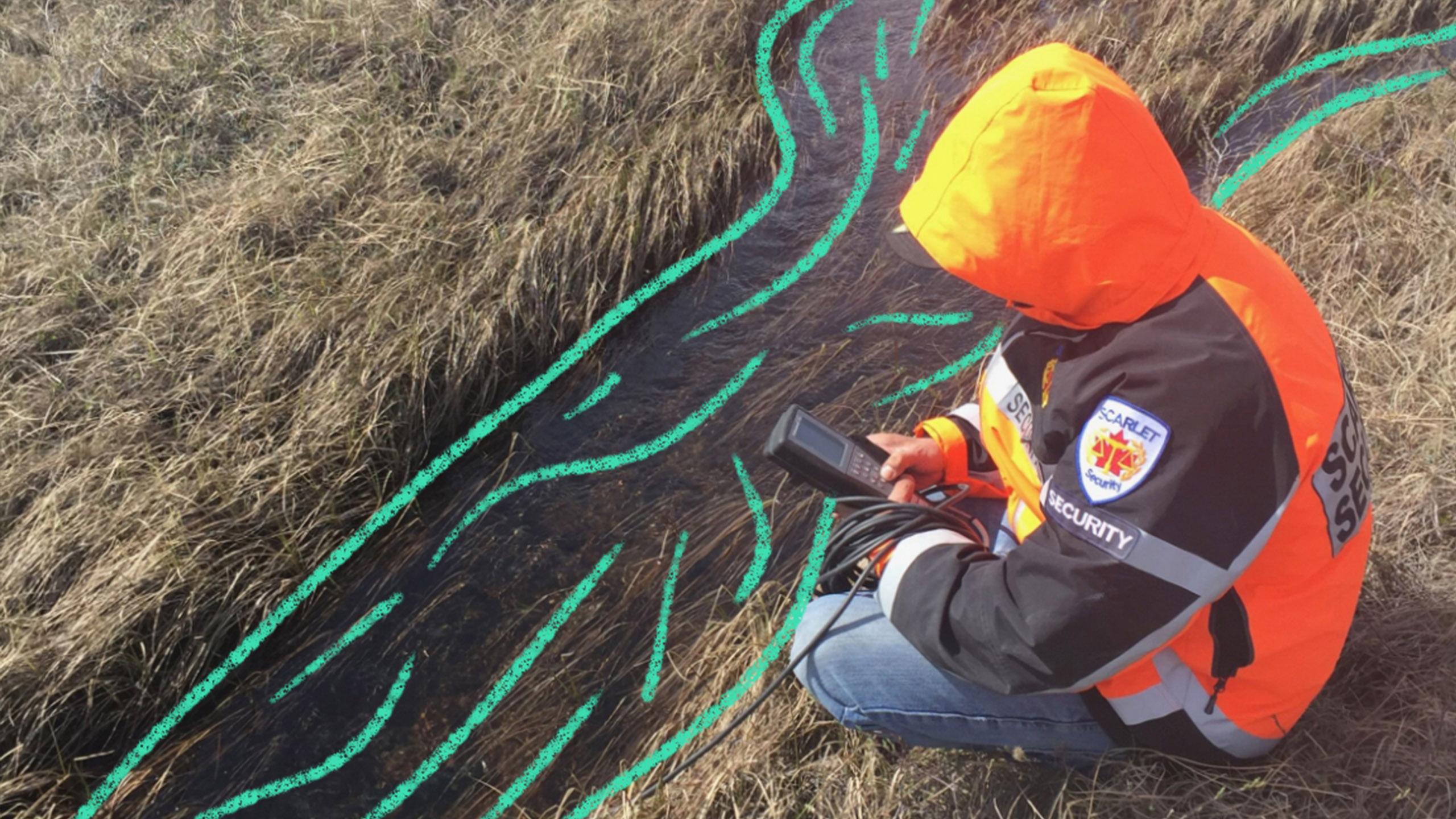Indigenous communities in Nunavut want their water concerns addressed. Madi Wong reports on the Ryerson researchers who are taking action to help fix the problem.
Inuit communities in Nunavut have raised concerns about the quality and cleanliness of their waters due to ongoing environmental issues such as climate change, and researchers at Ryerson are trying to help find solutions to the problem.
Since 2015, they have been mentoring three Nunavut communities: Pond Inlet (Mittimatalik), Baker Lake (Qamani’tuaq) and Taloyoak, in how they can research and address the water concerns within their communities.
The majority of Inuit communities will still go out to local streams or rivers to collect water. David Atkinson, lead researcher of the team, said communities are concerned that water sources “were not healthy anymore,” or that they “may be changing because of climate.”
“There’s a very large distrust for community water,” said Atkinson. “They don’t like the taste of it and they’ve had problems with it before.”
According to Atkinson, their early results from 2019 show that Baker Lake water exhibits have higher levels of a bacteria called Coliform than in Pond Inlet watersheds. He said that from these results, they will be partnering with the community of Taloyoak to see how “terrestrial ecosystems impact the quantity and quality of community source waters.”
Atkinson, who is also a geography and environmental studies professor at Ryerson, leads the project through his Polar Regions Spatial and Environmental Analysis Lab (PolarSEAL). The research group, with both graduate and undergraduate students, is based in Ryerson’s geography and environmental studies department. It’s partnered with ArctiConnexion, a non-profit organization dedicated to Indigenous knowledge and science, and Ryerson Urban Water (RUW).
PolarSEAL’s research is aiming to help Inuit communities be able to monitor their own water and decipher whether it is safe or not to drink as well as examine the reasons why the water may be changing.
“[We want] to help them start to understand, should they be planning for protection of the source waters? Should they be trying to understand how climate change is going to impact them?” said Atkinson.
One method that the team is working on is using a sensor that determines the quality of the water. It does this by looking at three factors: temperature, conductivity (dissolved salts and nutrients) and dissolved oxygen.
“[The] ideal values for this environment would be cold water with low salt and nutrients and high oxygen content,” said Atkinson.
Water samples are also collected to test for bacteria such as Coliform and E. coli to indicate whether the water is safe to drink or has the potential to make someone sick.
The team has been accumulating research over time to test water qualities in labs in order to determine what the best practices are to approach the issue.
“When we talk about water and sustainability, if there is any community that we can learn from, it is the Indigenous communities,” said Ryerson president Mohamed Lachemi. “For them, it’s always about protecting the land and part of it is water.”
Lachemi said that RUW and Ryerson’s discussions on protecting the environment should incorporate the knowledge and practices of the Indigenous communities.
In addition, Atkinson said that although there is the importance of research and understanding water within the communities, the team is also prioritizing community understanding and youth development.
“It’s not a relationship of them hiring us, or us coming to answer their questions,” he said. “It’s a mentorship relationship where we’re there to provide advice and guidance and understanding of respect for their land in their communities and the question that they have.”










Leave a Reply